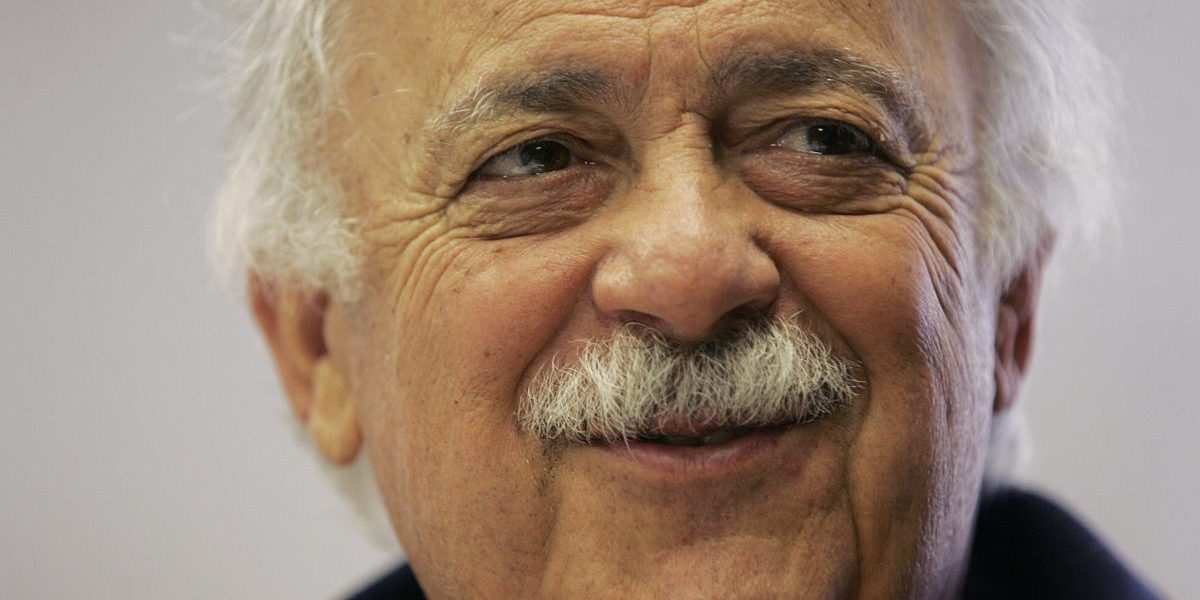These were the words spoken by the late Advocate George Bizos at an event held at our institute in 2011, “Migration in Africa, An Enduring Phenomenon?” where Bizos gave an address that honoured the Norwegian diplomat, Fridtjof Nansen (1861-1930), an acclaimed Norwegian explorer, scientist, diplomat, humanitarian and Nobel laureate.
Bizos shared his personal account of his journey from German-occupied Greece to South Africa via Egypt. In his address he recalled his life as a refugee and as a victim of xenophobia in South Africa. Bizos encouraged South African citizens and the government to observe and protect the rights of foreign nationals, especially in a country where xenophobic violence had claimed the lives of refugees and economic migrants over the previous number of years.
Fast-forward to 2020 and Bizos’s words ring ever true. Xenophobia is still rife, and the human rights of migrants and refugees in the country continue to be violated.
Advocate Bizos devoted his life to fighting injustice and became one of the ultimate human rights defenders in the country and beyond. He defended former president Nelson Mandela, alongside Govan Mbeki and Walter Sisulu, as part of the Rivonia Trial team. Bizos is credited for advising Mandela to include the words “if needs be” to the famous three-hour speech at the trial in which the former president said he was willing to die for his freedom. The addition of these words is widely believed to have saved Mandela from the death penalty. Bizos continued to serve as Mandela’s personal lawyer until the former’s death in 2013 and the two shared a deep friendship spanning over 50 years.
Bizos went on to become one of the central architects of South Africa’s world-famous Constitution after the country’s first democratic elections in 1994 and represented, among others, the families of black consciousness leader Steve Biko and the Cradock Four – Matthew Goniwe, Fort Calata, Sparrow Mkhonto and Sicelo Mhlauli – at the Truth and Reconciliation Commission.
More recently, as part of the Legal Resources Centre, Bizos represented certain families of slain mine workers at the Marikana Commission of Inquiry.
As a defender of the defenceless and voice of the oppressed, Bizos’s legacy leaves an indelible mark on South Africa’s history.
Bizos now joins all the Rivonia trialists as they rest in power.
Here, our Chief Executive Elizabeth Sidiropoulos pays tribute to Bizos as a teacher and unwavering anti-apartheid activist:







